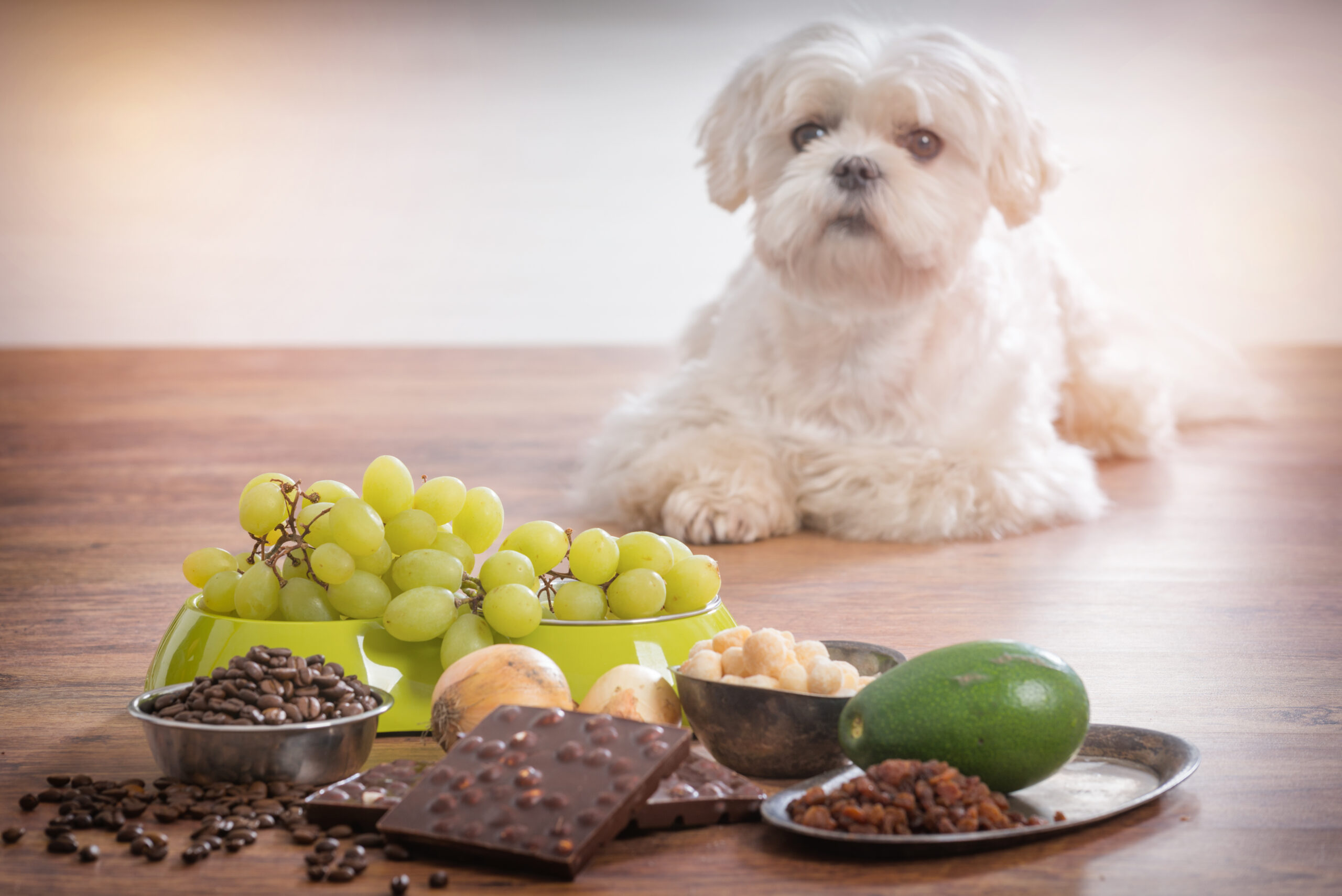Courtesy Niagara Frontier Veterinary Society
As responsible pet parents, we must do everything we can to protect our animals from common poisons and toxins. Here are some common items that are responsible for poisoning pets.
Rat poisons. Rat poison is deadly to pets, and its use should be avoided. However, if you do need to use a rodenticide, make sure you retain its packaging, in case your pet eats some. This will allow your veterinarian to determine exactly what your pet ingested.
Antifreeze. Antifreeze has a sweet taste that entices pets to lap up any that may be leaking from a vehicle. This can occur both in your garage and around your home, as well as when walking your dog. Sadly, antifreeze ingestion can quickly cause kidney failure.
Lilies. While beautiful, lilies are extremely toxic to cats and should never be brought inside the home, or be within reach of cats outside of the home. Even the smallest nibble of a lily can be fatal to a feline.
Human medications. Never give your pet a human medication that was not specifically prescribed by a veterinarian. Be careful when you take your own medications, as well, so that they aren’t being accidentally dropped on the floor. If you have a question about any medication and its proper dosage, check with your veterinarian. Pets can also ingest topical creams by licking them off of your skin.
Recreational drugs. You may be embarrassed to tell your veterinarian about your pet’s exposure to a recreational drug. The most important thing you can do is be honest to save your pet’s life.
Wild amanita mushrooms. These types of mushrooms can cause liver failure if ingested by your pet. They are often found under or near oak trees and algae blooms in stagnant water.
Xylitol. Xylitol is a common artificial sweetener found in an amazing number of products, including baked goods, peanut butter, drink powders, candy, pudding, ketchup, barbecue sauces, and pancake syrups. If your pet consumes xylitol, it can result in hypoglycemia (low blood sugar), seizures, liver failure, or even death in dogs.
Common Food Items. Grapes, raisins, onions, macadamia nuts, and chocolate (especially dark and baking chocolate) are toxic for dogs. Avocados are toxic for birds. Coffee, tea, and
caffeine pills can be dangerous for all pets.
Flea products. Applying flea products to cats that are meant for dogs can be toxic and cause seizures in cats.
If you think your pet has been exposed to a toxin, contact a veterinarian immediately. You may need to induce vomiting if the toxin was ingested or bathe your pet if it was applied topically. Act quickly, as time is of the essence in preventing the toxin from being absorbed and causing harm. Keep a fresh bottle of hydrogen peroxide at home in case you need to induce vomiting. Always keep the number for your vet handy and know the number of Animal Poison Control (888-426-4435).
The Niagara Frontier Veterinary Society consists of more than 75 small animal hospitals and 200 veterinarians in Erie and Niagara counties. Learn more at www.nfveterinarysociety.org.












